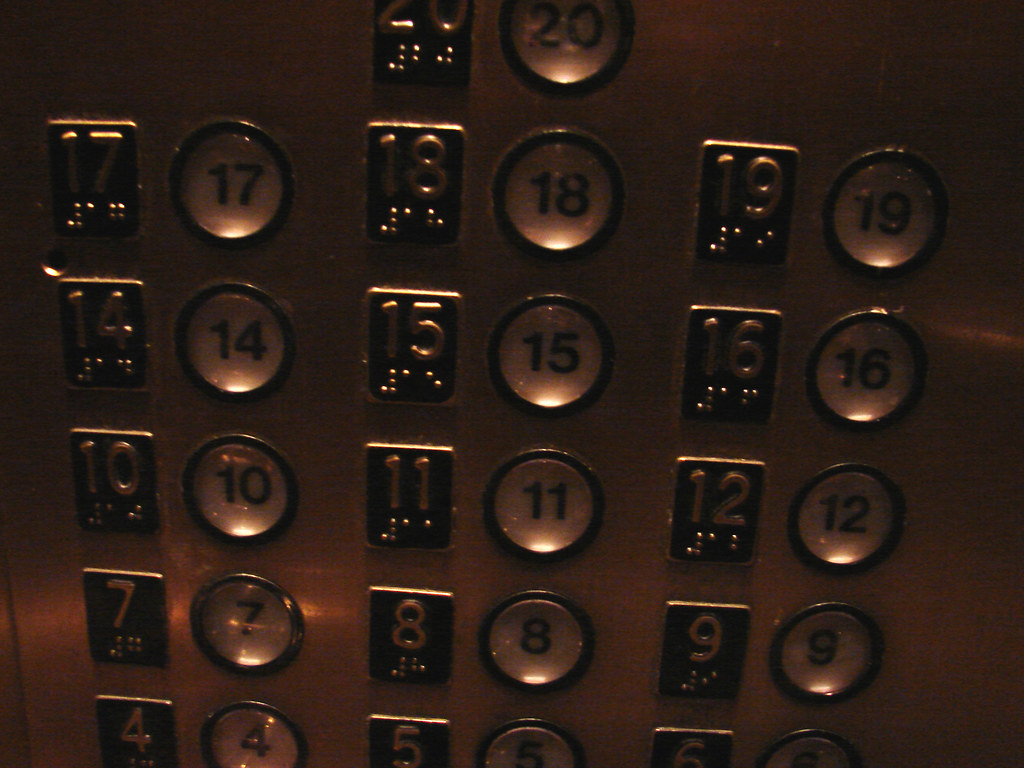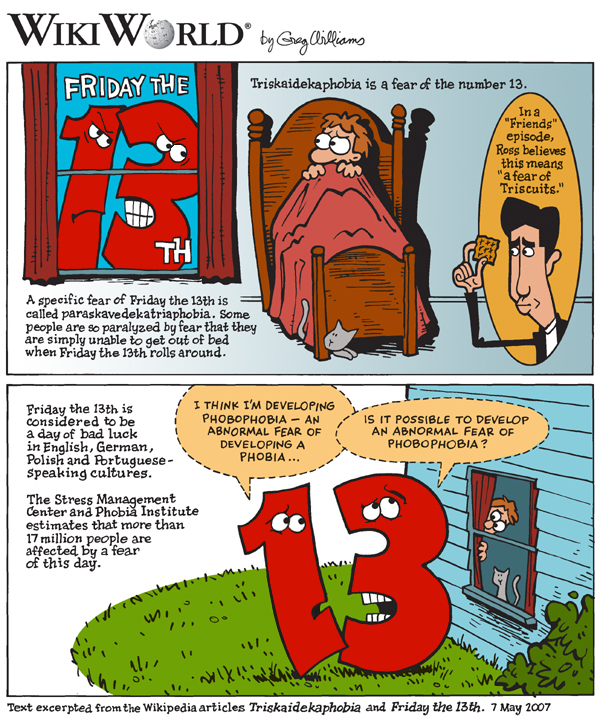
Though famous American singer-songwriter Taylor Swift may consider 13 her lucky number, millions of people worldwide do not share the sentiment. Things get even worse for the superstitious when the date, as is going to happen this week, coincides with a Friday. While no one knows for sure how Friday the 13th got its fearful reputation, experts have some theories.
Thomas Fernsler, an associate policy scientist at the University of Delaware, believes 13's bad reputation is because it comes after 12, which numerologists consider a "complete" number. There are, after all, 12 months in a year, 12 zodiac signs, 12 tribes of Israel, 12 apostles of Jesus, and so on. Hence, those with triskaidekaphobia — the fear of 13 — perceive the number that follows as incomplete, and, therefore, "unlucky."

Donald Dossey, a folklore historian and author of Holiday Folklore, Phobias, and Fun, has another theory. He believes the fear over the number stems from ancient times, when the Vikings lived in Scandinavia. According to a popular legend, twelve gods were enjoying a peaceful dinner at their mythological heaven, Valhalla, when Loki crashed the party. The trickster Norse god is believed to have instigated Hoder, the blind god of darkness, into killing Balder, the god of joy and gladness. To this day, many people avoid having 13 guests at a party. In France, some businesses even "rent" a 14th dinner guest, or quatorzieme, if necessary.
The fear of Friday is believed to be rooted in religion as well. According to the Bible, Jesus was crucified on a Friday. Though the date is not thought to be the 13th, it was following the Last Supper, which was attended by 13 men, including Judas Iscariot, the apostle said to have betrayed Jesus. Many biblical scholars also believe that Eve tempted Adam with the forbidden fruit on a Friday. The one unfortunate event that is thought to have happened on Friday the 13th was Cain's — Adam and Eve's firstborn — murder of his younger brother, Abel. Stuart Vyse, a professor of psychology at Connecticut College says, "The combination of those factors produced a "sort of double whammy of 13 falling on an already nervous day."

Regardless of the reason, the fear of Friday the 13th is widespread. Experts estimate that over 20 million Americans, and scores more worldwide, have "friggatriskaidekaphobia" or "paraskevidekatriaphobia," as it is also called. People who suffer from the disorder experience symptoms ranging from mild anxiety to a nagging fear that something terrible will happen, and even full-blown panic attacks. For those working in injury-prone professions like construction and shipbuilding, the nervousness often results in a self-fulfilling prophecy, making them fear the day even more.
Surprisingly, Friday the 13th also impacts the US economy. Businesses lose an estimated $900 million on the dreaded day as the superstitious avoid going to work, traveling, or making big purchases. Ironically, the day is safer than usual for those not cowering under their beds in fear. A 2008 study by the Dutch Centre for Insurance Statistics revealed that fewer traffic accidents occur on Friday the 13th than on other Fridays. Reports of fire and theft also dropped. Many businesses also try to cut their losses by offering deals. So this Friday the 13th, venture out to your favorite stores and treat yourself to a bargain or two.
Resources: ibtimes.com, wikipedia.org, businessinsider.com, Nationalgeographic.com
